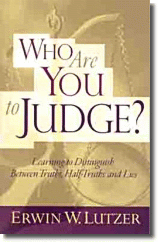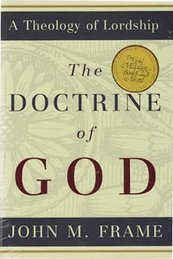How shall we pray?
Charles Spurgeon preached on this one Sunday morning in 6th Nov 1859:
That is not prayer of which it cannot be said that there was in it a drawing near unto God. Come hither then with your supplications. I see one coming forward who says, “I am in the daily habit of using a form of prayer both at morning and at evening. I could not be happy if I went abroad before I had first repeated my morning prayer, nor could I rest at night without again going over the holy sentences appointed for use at eventide. Sir, my form is the very best that could possibly be written; it was compiled by a famous bishop, one who was glorified in martyrdom, and ascended to his God in a fiery chariot of flame.” My friend, I am glad to hear, if you use a form, that you use the best. If we must have forms at all, let them be of the most excellent kind. So far so good. But let me ask you a question, I am not about to condemn you for any form you may have used, but tell me now, and tell me honestly from your inmost soul, have you drawn near to God while you have been repeating those words? for if not, O solemn thought! all the prayers you have ever uttered have been an idle mockery. You have said prayers, but you have never prayed in your life. Imagine not that there is any enchantment in any particular set of words. You might as well repeat the alphabet backwards, or the “Abracadabra” of a wizard, as go over the best form in the world, unless there is something more than form in it. Have you drawn near to God? Suppose that one of us should be desirous of presenting a petition to the House of Commons. We wisely ask in what manner the petition should be worded: we procure the exact phrases; and suppose that in the morning we rise and read this form, or repeat it to ourselves, and conclude with, “And your petitioners will ever pray,” and the like. We do the same again at night, the same the next day, and for months we continue the practice. One day meeting some member of the House, we accost him and astonish him by saying, “Sir, I wonder I have never had an answer from the House, I have been petitioning these last six months, and the form that I used was the most accurate that could be procured.” “But,” says he, “how was your petition presented?” “Presented! I had not thought of that; I have repeated it.” “Ay,” he would say, “and you may repeat it many a long day before any good comes from it; it is not the repeating it, but the presenting of the petition, and having it pleaded by some able friend that will get you the boon you desire.” And so it may be, my friend, that you have been repeating collects and prayers; and have you ignorantly imagined that you have prayed? Why, your prayer has never been presented. You have not laid it before the bleeding Lamb of God, and have not asked him to take it for you into the sacred place where God abideth, and there to present the petition with his own merits before his Father’s throne. I will not bid thee cease from thy form; but I do beseech thee by the living God, either cease from it, or else beg the Holy Spirit to enable thee to draw near to God in it. Oh, I beseech you, take not what I may say for any censoriousness; I speak now as God’s own messenger in this matter. Thy prayer has not been heard, and it neither can nor will be answered unless there be in it a true and real desire to draw near to God.
Spurgeon, C. H. (1860). The New Park Street Pulpit Sermons (Vol. 6, p. 17). London: Passmore & Alabaster.
Friday, December 19, 2014
Subscribe to:
Comments (Atom)


